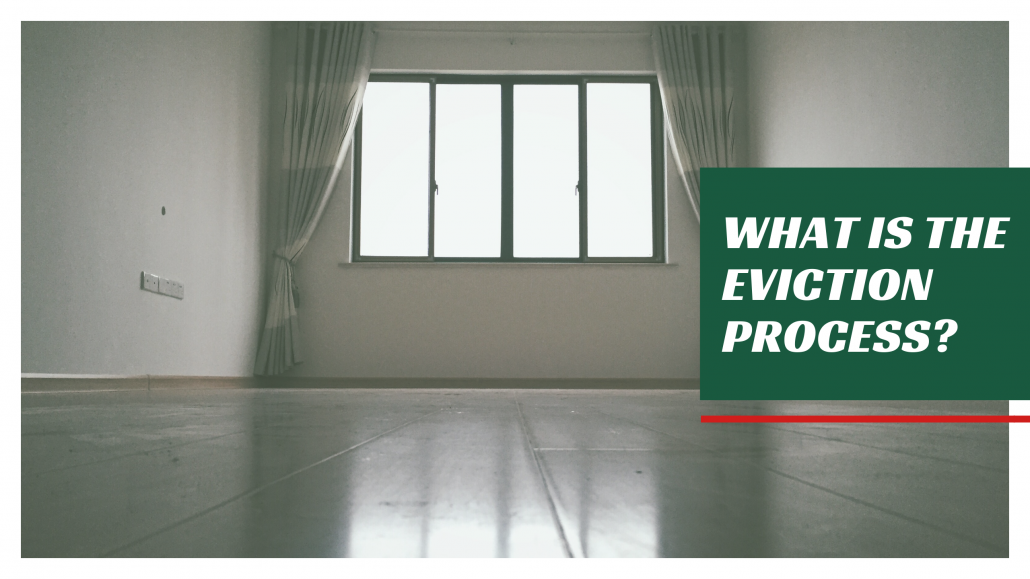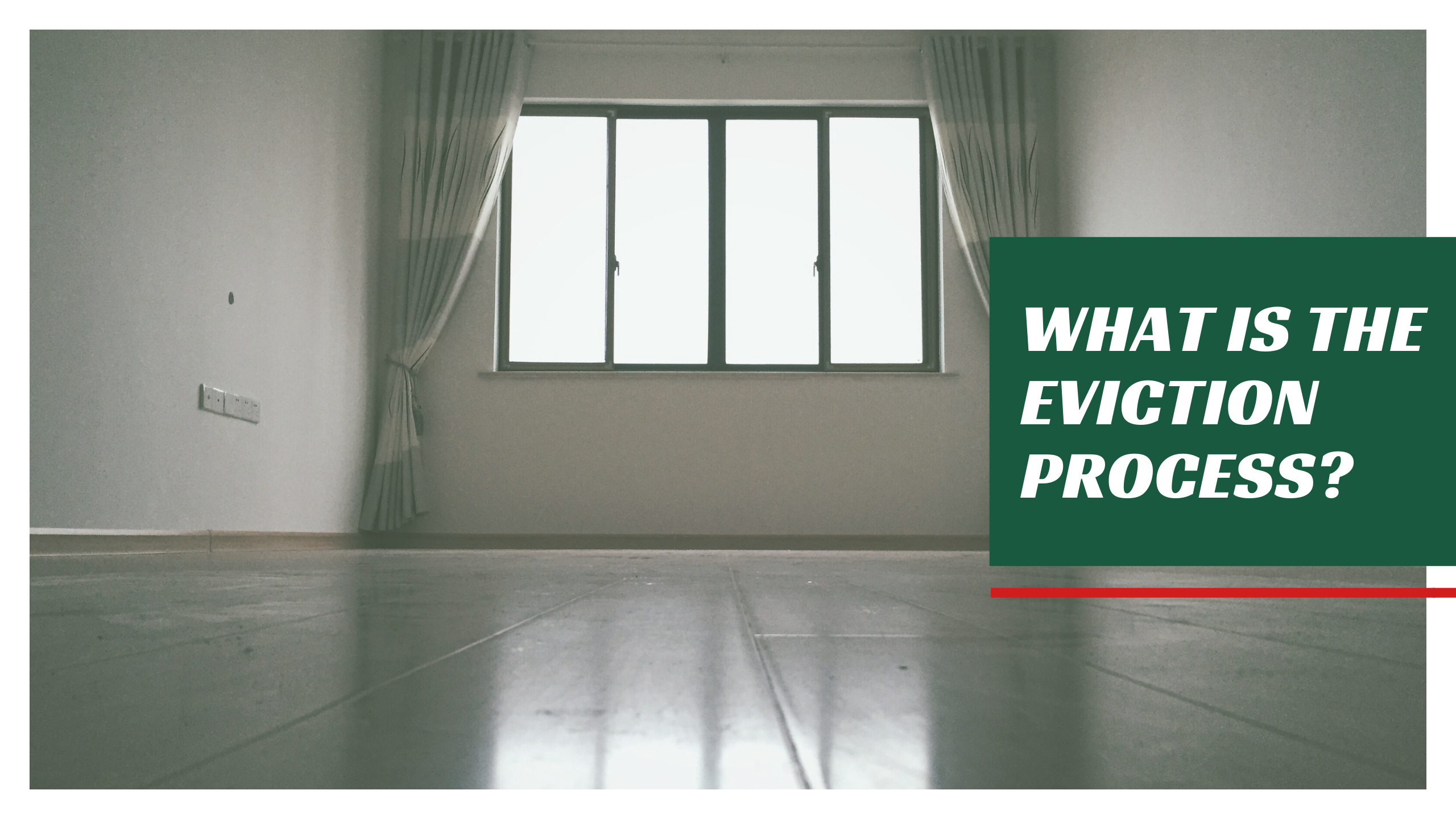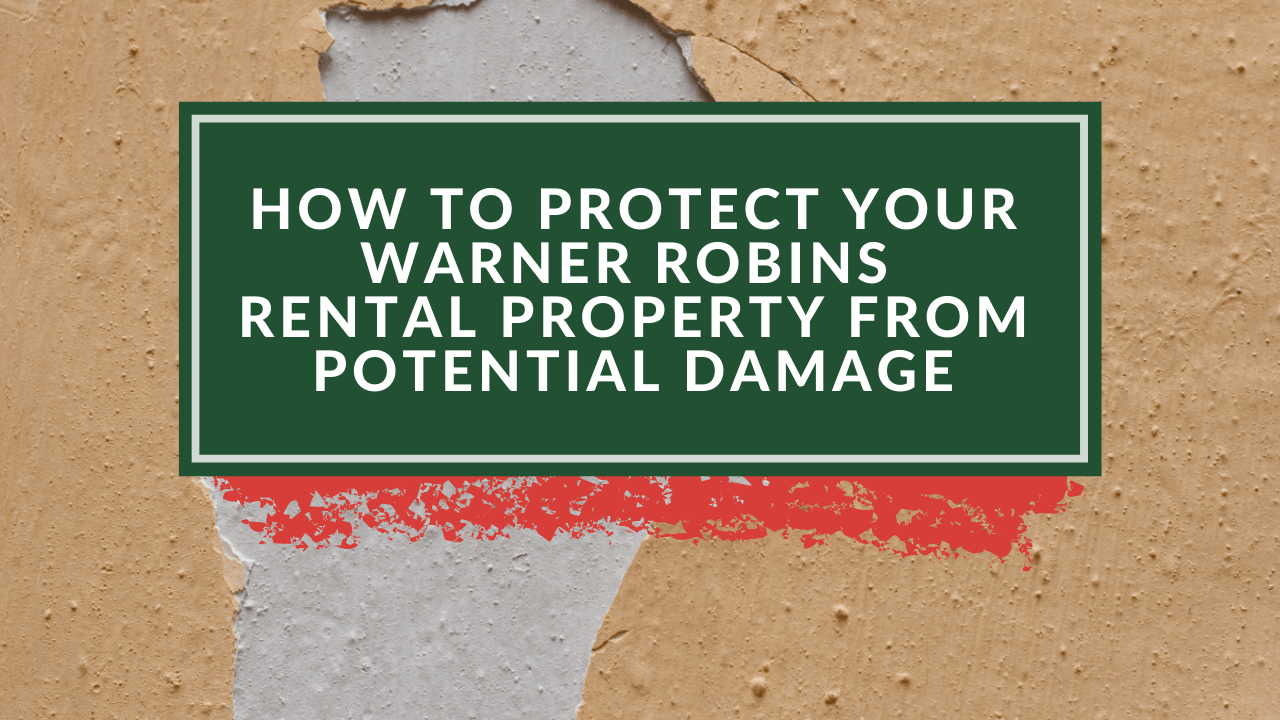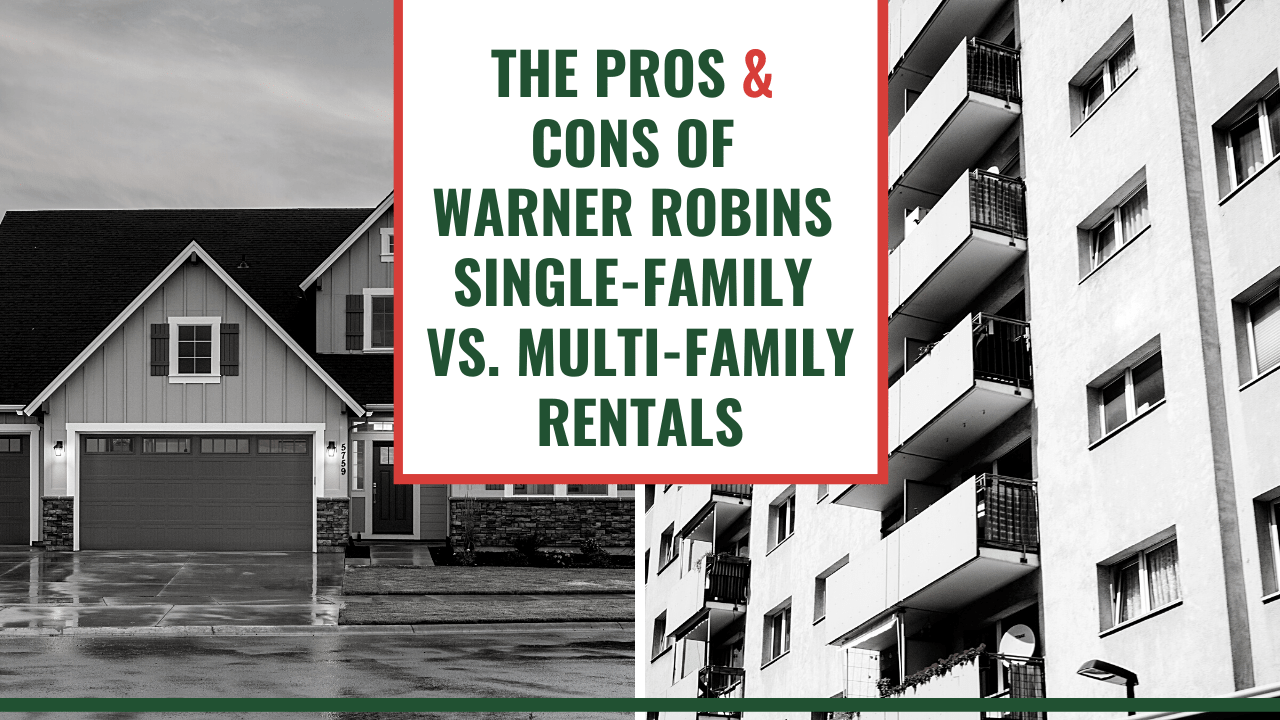
Evictions are never fun, and most landlords in Warner Robins hope to avoid them altogether.
However, if your tenant isn’t paying rent or is violating the lease in some way, you need to be prepared to remove them from your Warner Robins rental property. Check your lease and review the landlord tenant laws in Georgia. The eviction process here moves pretty quickly, and it’s not terribly complicated. But, it’s easy to make mistakes, and those mistakes can cost you time and money.
Get comfortable with the eviction process before you take steps to remove a tenant from your property. While the process is generally efficient, one mistake could set you back and delay the eviction, making it costlier for you.
Step One: Serve an Eviction Notice
Before you go to court to evict your tenants, you need to let them know it’s coming. The law doesn’t require you to put this in writing, but we think it’s a good idea. When rent is late and you cannot seem to get any type of response from your tenants, serve or post an eviction notice to get their attention. Usually, this is all it takes to get the rent paid. Document that you provided this notice and make sure it includes:
- Date of the eviction notice.
- Tenant’s name and property address.
- Reason for eviction.
- Amount of rent due plus late fees.
- How to avoid eviction; i.e. how much time tenant has to catch up with rent.
- Detail on delivery method; i.e. served in person or posted on door.
You can give your tenants one day or 10 days to come into compliance; there’s no legal requirement. We recommend a period of three to five days for them to pay rent in full before you file for eviction.
Step Two: Going to Court for a Dispossessory Action
Next, you need to file for a Dispossessory Warrant and have it signed by a judge. Your warrant will list your name and your tenants’ names and note the fact that you made a demand for payment or possession, and you were denied. The warrant will also include the amount of rent that’s due. Once the judge has signed it, the sheriff will serve your tenants a summons, and they will have to respond within seven days.
If the tenants respond, a court hearing will be scheduled within 10 days. At the hearing, bring all of your documentation and prepare to plead your case for eviction. If the judge rules in your favor, the tenants will have 10 days to vacate your home. If there’s no response from your tenants, you can request the default and apply to the judge for a Writ of Possession. Then, the tenants will have 24 hours to leave.
Avoiding Self-Help Evictions
 Generally, Georgia law is favorable to landlords who want to remove nonpaying tenants. However, it’s important to understand that you have to follow the court process. You cannot do disruptive things or threaten your tenants. Don’t change the locks when rent is late. Don’t cut off utilities. Don’t show up at the house demanding payment.
Generally, Georgia law is favorable to landlords who want to remove nonpaying tenants. However, it’s important to understand that you have to follow the court process. You cannot do disruptive things or threaten your tenants. Don’t change the locks when rent is late. Don’t cut off utilities. Don’t show up at the house demanding payment.
If you have any questions about the eviction process in Georgia, or you’re having trouble with a tenant who won’t pay rent, contact us at Fickling & Company Property Management. We can help.





